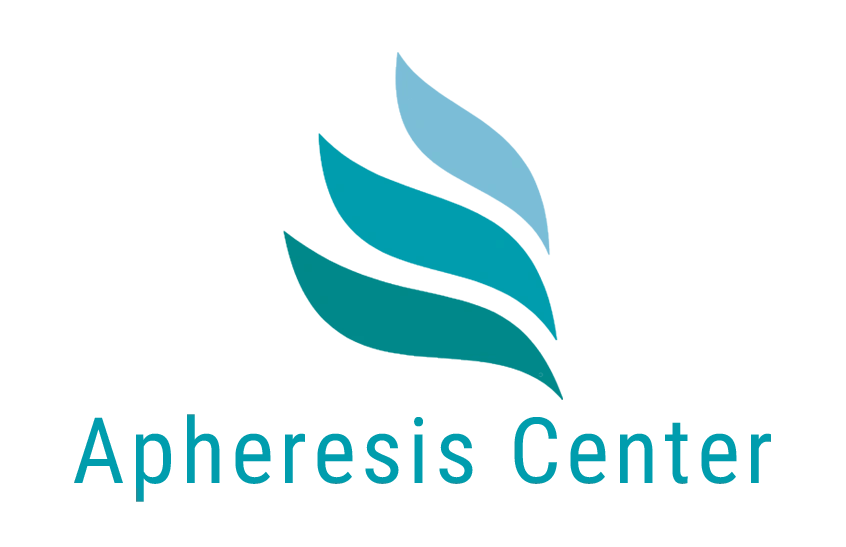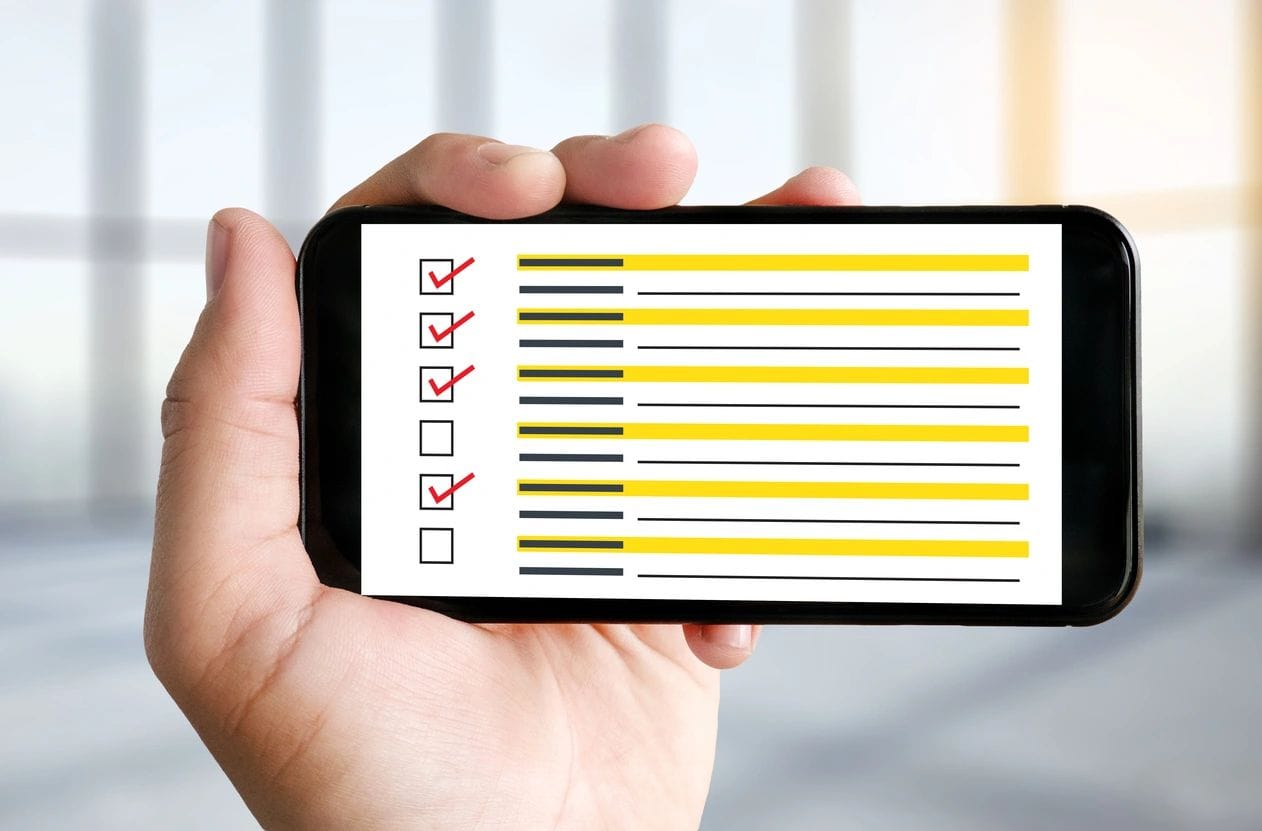Автор: Таня Вальсер
Жизнь в промежутке: Нервная система при длительном восстановлении после COVID
Май - месяц осведомленности о психическом здоровье, своевременная возможность исследовать глубокую связь между хроническим заболеванием и эмоциональным состоянием. Для людей, проходящих долгий путь выздоровления от COVID, психическое здоровье часто осложняется не только непредсказуемостью симптомов, но и изменениями в неврологии и нервной системе, которые только начинают понимать.
Long COVID isn’t just “in your head” – but it does affect your brain and nervous system in powerful ways. Research shows how post-viral inflammation and nervous system dysregulation can lead to anxiety, brain fog, low mood, and emotional fatigue. By understanding how the nervous system is impacted, we can create more compassionate and effective strategies to support the body and mind through recovery.
Как долго КОВИД воздействует на нервную систему
One of the reasons Long COVID is so challenging is that it often impacts multiple branches of the nervous system – central, autonomic, and peripheral. Let’s briefly look at each.
1. Центральная нервная система (ЦНС)
ЦНС включает в себя головной и спинной мозг. Исследования с использованием нейровизуализации показывают, что у некоторых людей с длительным COVID наблюдается нейровоспаление, изменения в сером веществе, а также изменения в областях, связанных с памятью и эмоциями. Это может помочь объяснить такие симптомы, как:
- Difficulty concentrating or remembering things (“brain fog”)
- Перепады настроения или пониженное настроение
- Сенсорная перегрузка (свет, звук, толпа)
2. Вегетативная нервная система (ВНС)
The ANS controls automatic bodily functions like heart rate, blood pressure, digestion, and temperature regulation. For many with Long COVID, this system becomes dysregulated – a condition often referred to as dysautonomia. This can manifest as:
- Учащенное сердцебиение или учащенное сердцебиение (особенно в положении стоя)
- Головокружение или головокружение (симптомы, похожие на POTS)
- Проблемы с пищеварением
- Нарушения сна
- Повышенная или длительная реакция на стресс
Это постоянное состояние "угрозы" может привести организм в состояние симпатической доминанты, что затрудняет процесс выздоровления и отдыха.
3. Периферическая нервная система (ПНС)
Though less commonly discussed, the PNS can also be affected. Some people report tingling, burning, or numbness in limbs – a sign of small fibre neuropathy.
Почему часто страдает психическое здоровье
If you’ve found yourself feeling more anxious, emotionally flat, or mentally exhausted, you’re not alone – and you’re not imagining it.
When the nervous system is inflamed or dysregulated, the brain’s ability to modulate mood, manage stress, and process emotions is affected. Your internal resources are stretched thin, and the usual coping strategies may feel less effective. Some contributing factors include:
- Нейровоспаление, которое связано с депрессией и когнитивными изменениями
- Дисрегуляция кортизола и оси HPA, которая может изменить энергию, мотивацию и устойчивость к внешним воздействиям
- Нарушение сна, которое влияет на эмоциональную регуляцию и память
- Вегетативное возбуждение, из-за которого трудно "отключиться" или расслабиться
Кроме того, это еще и эмоциональный стресс от жизни с хроническим заболеванием, которое до сих пор не понимается некоторыми представителями медицинского сообщества или общества в целом.
The nervous system isn’t an isolated structure – it’s part of a dynamic, adaptive system that responds to environment, lifestyle, trauma, and inflammation. Supporting it doesn’t require perfection. Instead, it’s about providing the body with consistent signals of safety, nourishment, and regulation.
Вот научно обоснованные стратегии, которые могут поддержать восстановление и устойчивость нервной системы.
1. Работайте с нервной системой, а не против нее
Pushing through fatigue, ignoring symptoms, or trying to “power through” a crash often backfires. Instead, adopt the concept of pacing with self-compassion. This means:
- Планирование деятельности с учетом вашего текущего уровня энергии
- Позволяйте себе отдых без чувства вины
- Отслеживание паттернов (энергия, сон, стрессовые факторы) с течением времени
Many people find daily rhythms and predictability calming for the nervous system – even if your capacity is low. A simple morning or bedtime ritual can anchor your day.
2. Поддержка блуждающего нерва
The vagus nerve is a key player in regulating the parasympathetic (rest-and-digest) state. You can’t will yourself into relaxation – but you can send gentle signals that it’s safe to soften. Low-effort techniques include:
- Slow diaphragmatic breathing (e.g., inhale for 4, exhale for 6–8)
- Humming, chanting, or singing (activates vagal tone)
- Cold water splashes on the face (brief and not extreme)
- Gargling (stimulates vagus through throat muscles)
- Безопасная социальная связь, даже виртуальная
Хотя они могут показаться незначительными, со временем они приучают нервную систему к более регулируемому исходному уровню.
3. Мягкие соматические практики
Somatic (body-based) approaches can help discharge stress and build interoception – your ability to sense internal signals. Practices that can be tailored to energy levels include:
- Восстановительная йога или йога-нидра
- Сканирование тела и упражнения на заземление
Эти практики переводят тело из защитного состояния в состояние открытости и восстановления.
4. Создавайте микромоменты безопасности
If you’ve been living with heightened threat signals – physically or emotionally – your nervous system may be in a chronic state of hypervigilance. Even tiny moments of felt safety are powerful. Try:
- Сидеть на солнечном или естественном свету
- Завернитесь в мягкое одеяло
- Прослушивание успокаивающей музыки или звуков природы
- Смотреть на успокаивающие образы (например, деревья, океан, домашние животные)
- Задействуйте органы чувств (например, эфирные масла, травяные чаи)
These aren’t “nice extras” – they’re information. You’re showing your nervous system it’s safe to shift gears.
5. Восстановить устойчивость, мягко
Nervous system regulation isn’t about “bouncing back” quickly – it’s about building capacity over time. This might include:
- Prioritising consistent sleep-wake times (even if sleep is fragmented)
- Taking tech breaks to reduce sensory overload
- Spending brief time in nature or natural environments
- Setting gentle boundaries to avoid overwhelm
Ищите небольшие, повторяющиеся привычки, которым ваше тело сможет доверять.
Тело помнит, как исцелиться
Recovery from Long COVID is complex, but the body is not broken – it’s responding intelligently to overwhelming input. Nervous system support doesn’t promise instant results, but it lays a foundation for gradual, sustainable healing.
During Mental Health Awareness Month, it’s important to acknowledge that mental health is physical health – especially in conditions like Long COVID. Nervous system care is a vital part of recovery, not an optional extra. You are not weak for struggling – your body is doing its best to protect you.
Путь вперед есть, даже если он извилист.
If you’re curious about how functional medicine health coaching could help in your own Long COVID recovery, Tanja offers a free 20-minute conversation to explore what next steps might feel most supportive for you. Click here to book a time that suits you.


